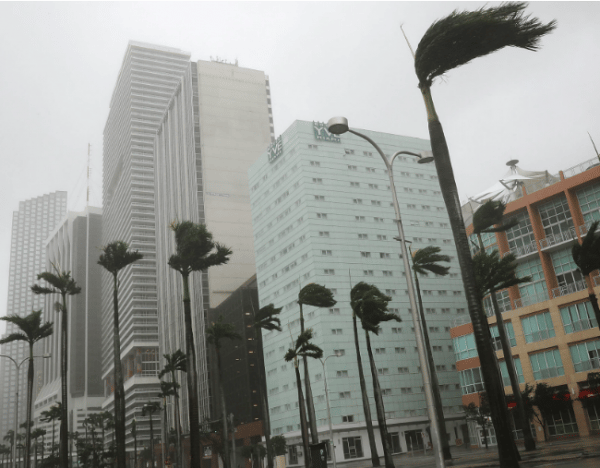If seeing is believing, then Donald Trump should take a trip to Miami.
A few weeks back I took a boat ride around Miami Beach with Dan Kipnis, a retired boat captain and Miami local of five decades. The shoreline is littered with multi-million dollar homes, huge multiplexes in the works, dozens of cranes lurking in the distance.
You would have no idea, but this is one of the most vulnerable places on earth.
I was in the south Floridian city for SBS Dateline, to report on populations in America whose communities are, right now, under threat from rising sea levels.
When you think climate change you don’t immediately think Miami, right? Climate change is often seen as a threat to small coastal villages in the Arctic. But Miami is not a small coastal fishing village, it’s one of the largest cities in America and to put it bluntly; it’s sinking. Slowly but surely.
Listen: Sarah Ferguson shares everything that went on behind-the-scenes of her interview with Hillary Clinton, and her biggest fear about Trump. Post continues after audio.
A study by the University of Miami showed in the last decade alone flooding in Miami Beach has increased by 400 per cent. In an interview with the Miami Herald, the study’s lead author said, “I was completely shocked when I found it was rising so fast.” The city has spent hundreds of millions of dollars in recent years trying to stem flooding in Miami Beach. Roads have been raised, pumps have been installed, and levees have been built.


Top Comments
Every coastal town in the world should be building up its sea walls.